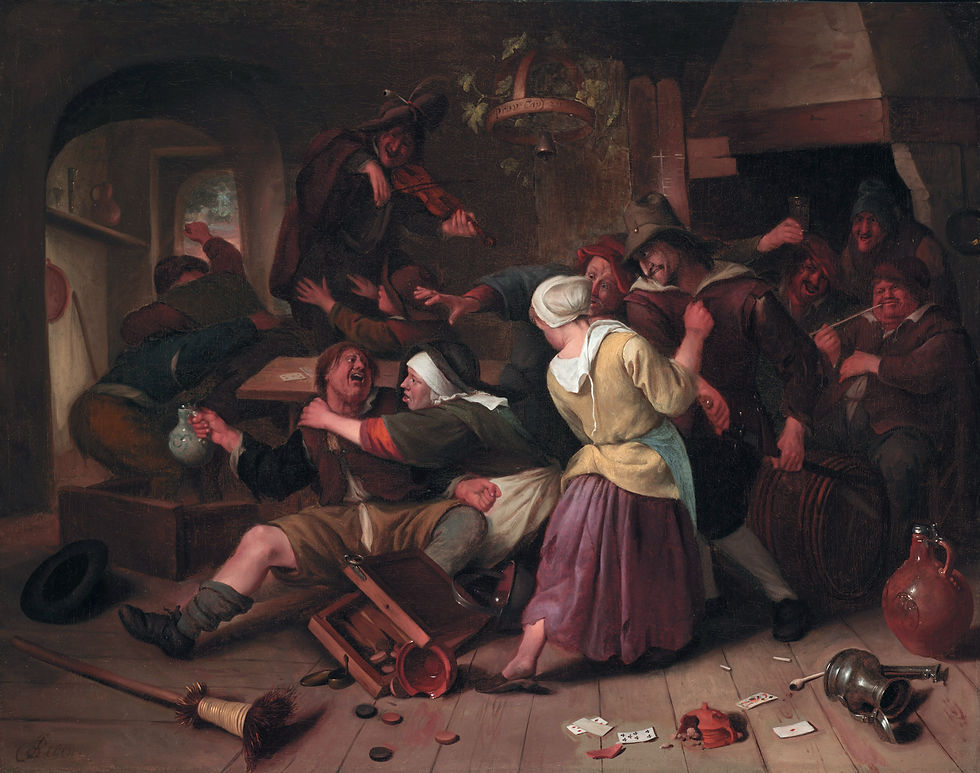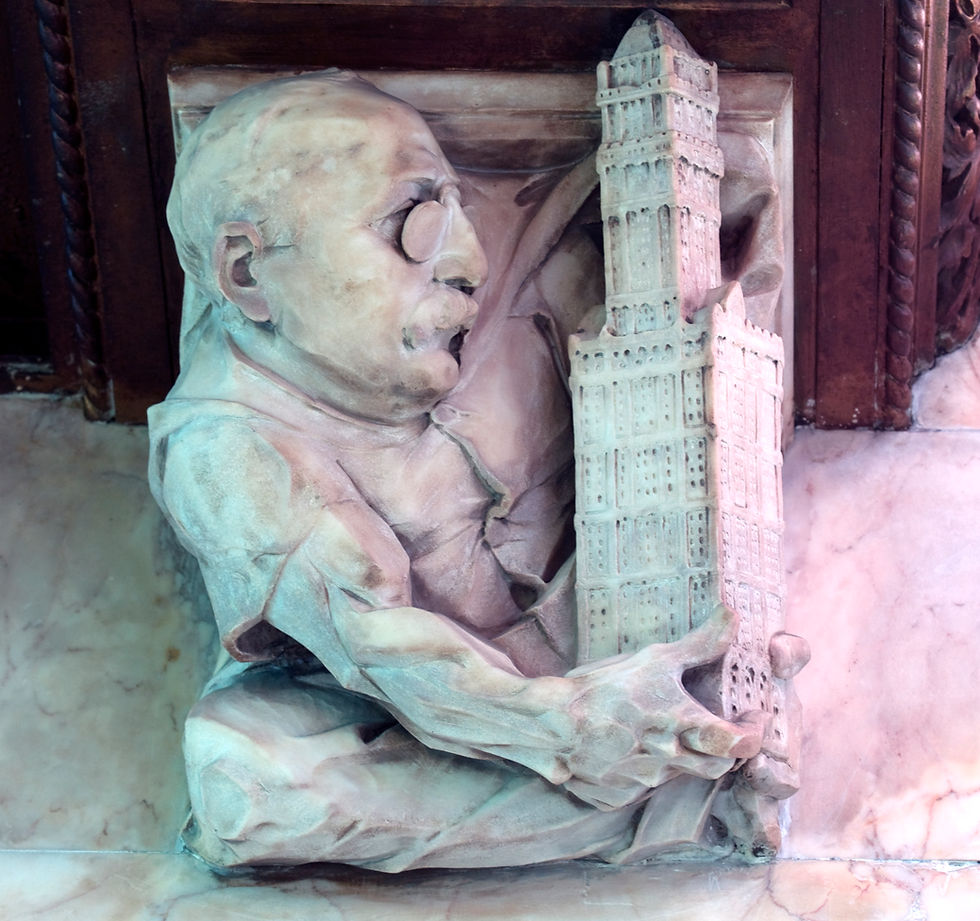Chapter: Representation of Hobbesian Sovereignty
- Jan 4, 2013
- 2 min read
Updated: Jun 22, 2021
Arash Abizadeh. “The Representation of Hobbesian Sovereignty: Leviathan as Mythology.” In Hobbes Today: Insights for the 21st Century. Ed. S. A. Lloyd. Pp. 113-152. New York: Cambridge University Press, 2013.
Abstract: Readers of Hobbes have often seen his Leviathan as a deeply paradoxical work. On one hand, recognizing that no sovereign could ever wield enough coercive power to maintain social order, the text recommends that the state enhance its power ideologically, by tightly controlling the apparatuses of public discourse and socialization. The state must cultivate an image of itself as a mortal god of nearly unlimited power, to overpower its subjects and instil enough fear to win obedience. On the other hand, by drawing explicit attention to the ideological and partly illusory bases of the state’s power, Leviathan, itself construed as a political intervention designed to appeal to a broad English readership, appears to undermine the very program it recommends. Indeed, many have argued that Leviathan’s substantive political-philosophical doctrine is flatly at odds with the authority that Hobbes claimed for himself in order to advance that doctrine. The paradox, I argue, is only an apparent one. Precisely because Hobbes believed that in practice no one could ever become the mortal god that sovereignty requires, i.e., that the seat of sovereignty could never actually be securely occupied and fully represented by a mere mortal, he sought constantly to remind his readers of the precariousness of earthly sovereignty by pointing to its illusory basis. Far from seeking to undermine the sovereign, however, this reminder was designed to enhance readers’ fears, especially the fear that, despite the security they may enjoy today, the slightest misstep may lead them straight into the horrors of the state of nature. Hobbes’s purpose was, in other words, to enhance the sovereign’s power, not by enhancing our fear of him, but of his absence. Ironically, this is also in part why Hobbes insisted on the individual’s inalienable right of self-defence, an insistence that has puzzled many of his readers, given Hobbes’s obvious wish to defend absolute, unlimited sovereignty. Its political function is not to provide a covert justification for resistance theories. Rather, by reminding his readers of their right but doing so while addressing them as isolated atoms whose resistance would be hopeless, Hobbes sought to remind each one of the ultimate impossibility of securely filling the seat of sovereignty, without encouraging anyone actually to resist the most promising pretender. Like God-talk, Hobbes’s representations of sovereign power do not ultimately comprise descriptive propositions at all: they are expressions of praise and honour designed to help create the very thing they purport to describe. Hobbes was keenly aware that indivisible state sovereignty is an ideological construct whose terms are never ever fully realized in practice.
(c) 2013 Cambridge University Press




Comments